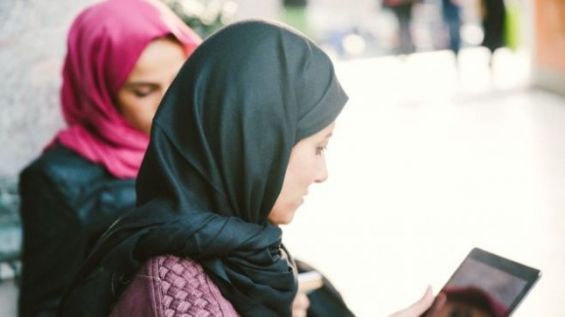Moroccan-Dutch people are becoming more successful in the Netherlands' job market, reveals a new survey conducted by Statistics Netherlands (Centraal Bureau voor de Statistiek), a Dutch governmental institution that gathers statistical information about the European country.
Published on the 22nd of February, the survey shows that Dutch people with Moroccan and Turkish origins have an employment rate that exceeds the one registered before the 2008 economic crisis, reports Volkskrant.
Indeed, in 2018, about six out of ten people with a non-Western background had jobs. Speaking numbers, the report indicated that the employment rate of Dutch-Moroccans reached 57.4% in 2018. This percentage is the highest in the Netherlands and among Dutch-Moroccans.
In fact, the employment rate of Moroccan-Dutch nationals in Holland was ranging between 54,6% and 50,8% in 2008, explains the same source.
Moroccan-Dutch men and women and gender labor force
Back to 2018, the Dutch Bureau of Statistics reveals that 153 000 Moroccan-Dutch worked and had jobs. The survey indicates that the 2008 crisis has impacted Dutch people with non-Western backgrounds the most.
This gap is still visible despite the positive numbers published by Centraal Bureau voor de Statistiek : 6.9 million people with a Dutch background were employed in 2018 while only 972 000 people with migrant backgrounds had a job during the same year.
But despite this change, the gap between men and women highlights the labor force of Moroccan-Dutch people in the Netherlands. In the Moroccan-Dutch community, 65.8% of men work while women’s labor force accounts for 49% only.
This gap has decreased when compared to the numbers registered in 2008, when only 44.3% of Moroccan-Dutch women were working compared to 64.3% for men from the same group.
Moreover, the survey underlined the fact that Moroccan-Dutch men and women still rely heavily on social welfare. They mainly benefit from unemployment benefits, invalidity pensions and retirement pensions.
This second generation played a crucial role in the favorable acceleration of these rates. Indeed, the report on integration points at the «strong increase in Moroccan-Dutch youngsters graduating from higher education», although the dropout rate is still high.





 chargement...
chargement...













